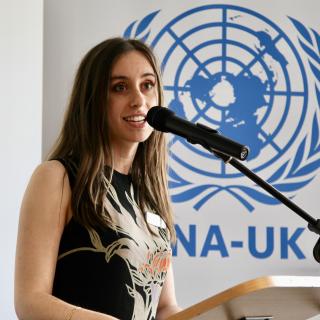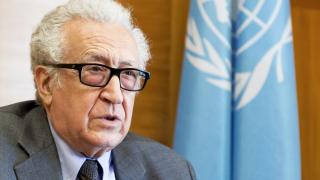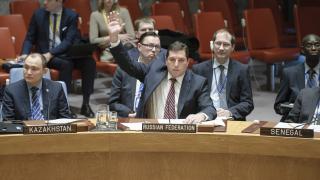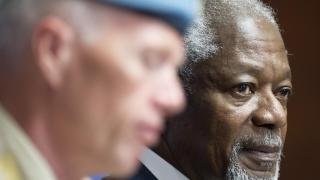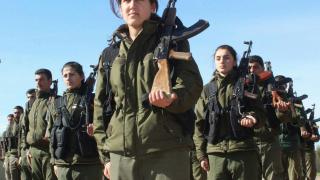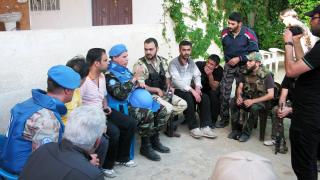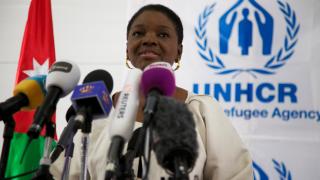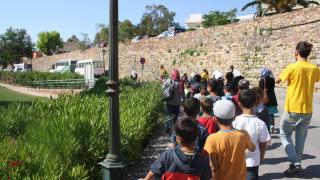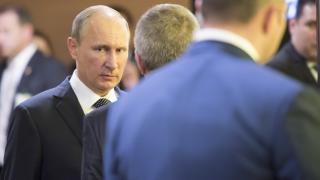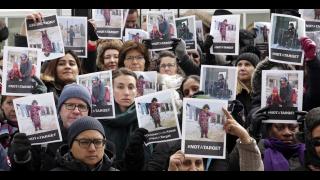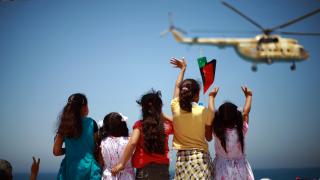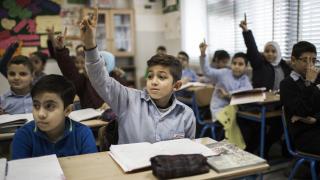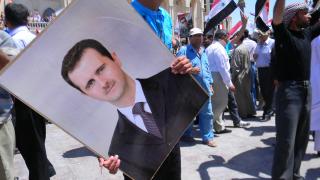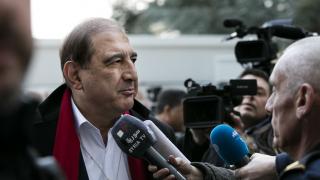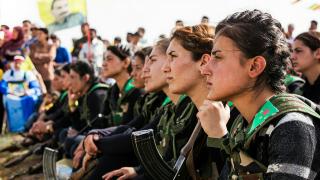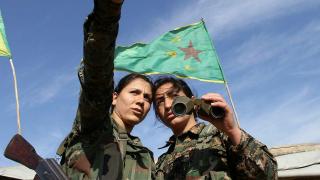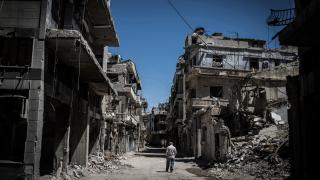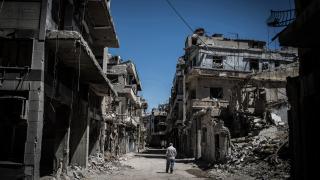
The UN is, by its very nature, a forum of member states, constructed by states, for states. So what happens when non-state armed groups enter the equation? And where does the UN come into it?
On a global level, non-state armed groups (NSAGs) are becoming increasingly powerful in vast areas that have been left ungoverned due to failing states. The growing weakness of many states in the Middle East has coincided with an increased prevalence of violent NSAGs. Syria is a case in point: a war characterised by a vast array of state and non-state actors and a political vacuum where non-state armed groups have populated and gained control over large areas of land.
Serious human rights abuses have been committed by state and non-state armed groups alike in Syria. Jabhat Fateh al-Sham and ISIL in Aleppo, Damascus, Idlib and Latakia have conducted indiscriminate attacks, used child soldiers, tortured, targeted and kidnapped civilians over the course of the conflict. Groups including the Free Syrian Army and the Islamic Front have used children for combat and other military purposes. They have not been held accountable to this day.
Meanwhile, the continuous human rights abuses committed by Syrian Government forces has contributed to a climate of impunity spreading across Syria. Given the inability thus far demonstrated by the UN to persuade state actors to adhere to international law, where is the hope for prosecuting violent non-state armed groups for their actions?
The complex situation in Syria raises fundamental questions over the application of international law; not the lack of applicable law, but rather the failure to enforce existing law. Non-state armed groups have been seen to contribute to this phenomenon, and so to undermine the very fabric of international law, peace and security.
Responsibility for monitoring conflicts falls to the broader international community. But if monitoring is not accompanied by enforcement, does it have value? If the UN is going to confront this challenge, it must look within itself first; a radical rethink is needed to overhaul the accountability mechanisms it applies to this problem. Its ability to hold non-state armed groups who commit violent human rights abuses to account under international law is an area in particular need of reform, given the nature of modern conflict.
The International Criminal Court (ICC) needs to develop a new method for dealing with NSAGs that commit international crimes. As NSAGs are responsible for an increasing proportion of international crimes, overseen by what is still a state-centric international system, the ICC must, with support from the UN Security Council (UNSC), adapt to the changing nature of conflict by developing a strategy for prosecuting NSAGs, particularly those that commit crimes that span borders and thus jurisdictions.
Yet, as Syria demonstrates, states seem unwilling to reach a consensus. Differing opinions on the legitimacy of non-state armed groups, and conflicting political aims for failing states, make doing so extremely challenging. And as the UN cannot use coercive measures without the agreement of states, regulation of these non-state armed conflicts will remain toothless if there is not consensus.
Given that NSAGs are a regional problem, the UN Security Council, as the main guarantor of international security, has a significant role to play. NSAGs are on the rise and ad hoc responses to their proliferation will not be effective. The UNSC must address the structural context in which these groups emerge in order to have hope of success. Unsurprisingly, this same structural context makes responses, on domestic and international levels, more complex. Nevertheless, this makes the need for global consensus yet more pressing.
So what should this global consensus look like? If NSAGs arise as both a cause and consequence of weakened states that fail to uphold international humanitarian law, the UN has to look to its international accountability mechanisms, primarily the ICC, for an adequate response to crimes committed during conflict.
Given the current level of impunity that exists, without such an approach, non-state armed groups will continue to commit war crimes and regrettably, as in any war, the civilians caught in the middle of conflicts between such groups will remain the ones who suffer the most. However complicated, the issue of how to police and prosecute non-state armed groups needs to be addressed for the sake of the people on the ground. The UN cannot, for the health of its future, let Syria become synonymous with global inaction.
Photo credit: Chaoyue Pan/CC

